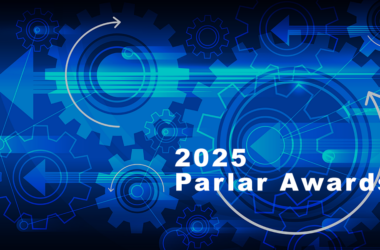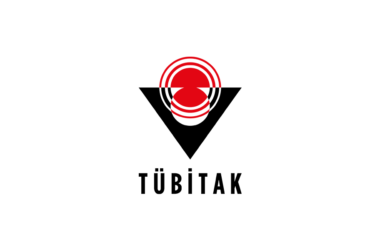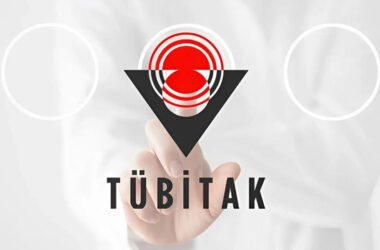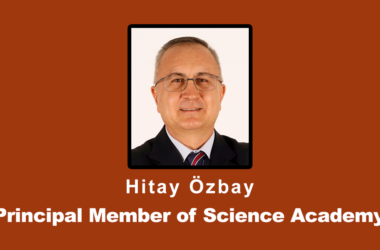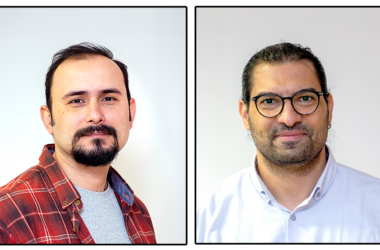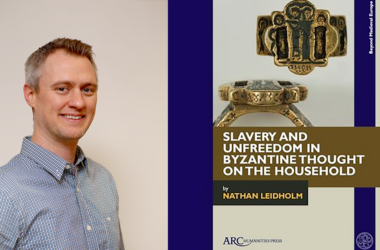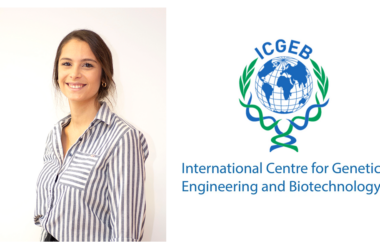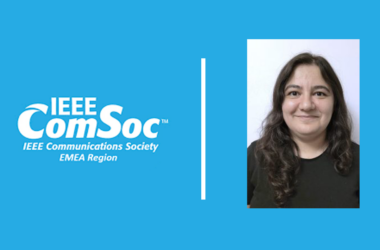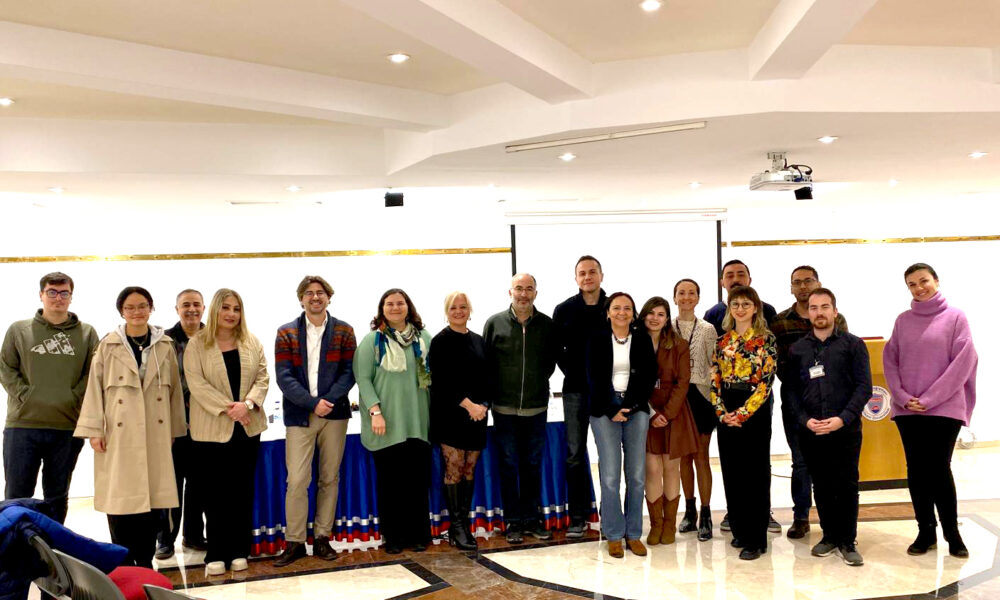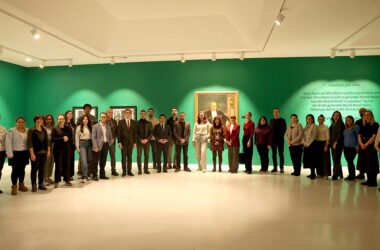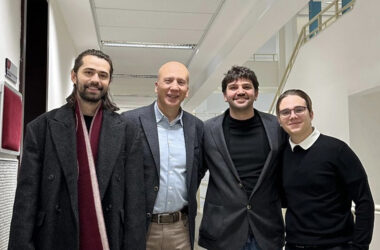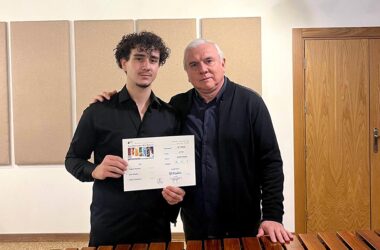As part of the 61st Library Week, Bilkent University Library hosted a panel titled “Productive Bilkent—Academic Talk” at the Main Campus Library Art Gallery on April 8. The event brought together faculty members, who shared their insights on academic production and the evolving role of libraries in supporting research and knowledge creation.
Asst. Prof. Burcu Ayşen Ürgen emphasized that libraries are not only quiet spaces for studying but also active environments where knowledge is produced. She highlighted her multidisciplinary background and emphasized that access to essential journals in her field is always available and that it is rare for her not to find a resource she needs in the library.
Vis. Prof. Burak Özçetin reflected on his experiences with various libraries throughout his academic career. He noted that institutions with underdeveloped collections can inadvertently place an additional burden on researchers, whereas libraries like Bilkent University’s—with their comprehensive resources—significantly empower researchers to produce and publish high-quality work.
Assoc. Prof. Ahmet Şensoy drew attention to the increasing costs associated with publishing, particularly the submission fees charged by specific journals. He underscored the significance of Bilkent Library’s Read & Publish agreements as a way to support researchers. He also highlighted how access to databases such as Bloomberg, WRDS, Financial Times and Economist has significantly streamlined his research process, providing him with invaluable resources and data.
Having spent considerable time in libraries exploring materials beyond his own field, UNAM Asst. Prof. Urartu Şeker emphasized how these experiences have broadened his perspective and influenced his academic path. He concluded the session by advocating for a focus on the quality of academic output rather than on quantity, encouraging a more sustainable and meaningful approach to research productivity.
After the discussion, library director Dr. Ebru Kaya pointed out the cyclical nature of the publishing world, where academics write the papers, oversee the editorial processes and pay the publication and access fees, while publishers profit from the process. She added that the library is actively supporting researchers in publishing open-access works and emphasized that collaborating with academics on this matter would further benefit the process.
The event not only allowed faculty members to exchange critical perspectives but also highlighted the indispensable role the library plays in creating an environment that supports academic success and research productivity.
